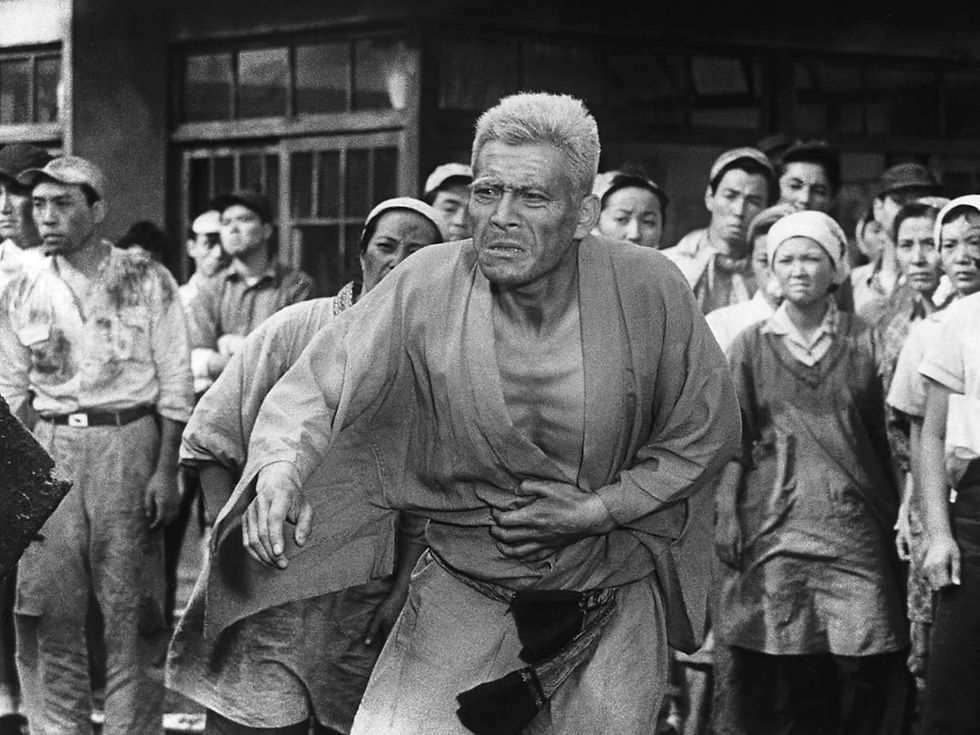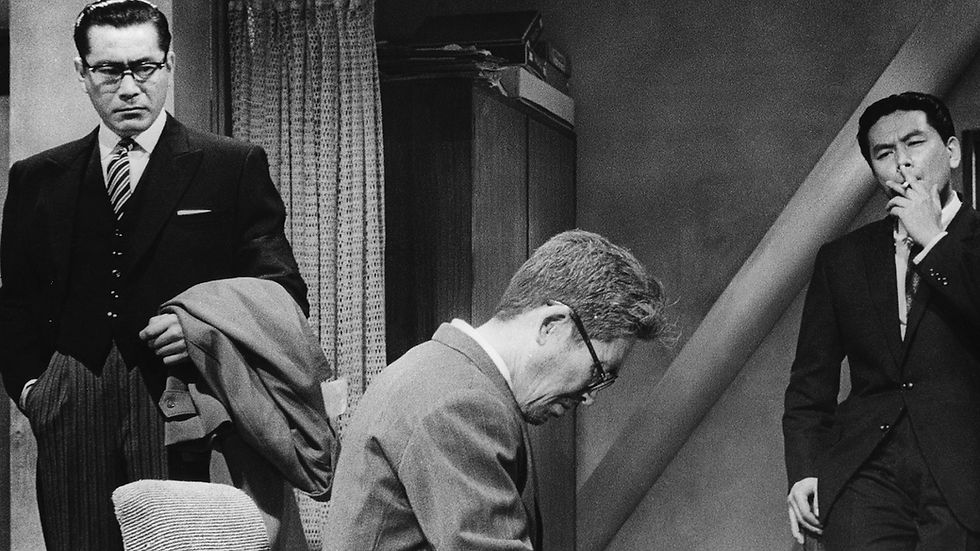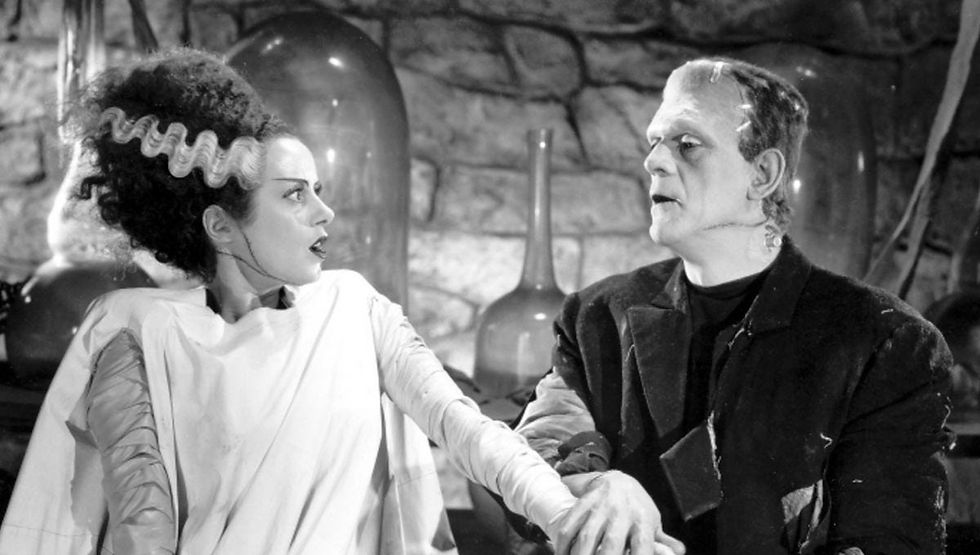I Live In Fear (1955) Review - Dylan McCully
- Dylan McCully
- Sep 22, 2023
- 2 min read
Updated: Oct 3, 2023
Written by Dylan McCully, 10/20/22
Dylan McCully's Cinema: https://www.imdb.com/list/ls521125877/

Kurosawa follows up Seven Samurai with another classic that explores the common fear of nuclear weapons at the time. It really is a timeless film because every generation deals with something that puts their country in a place of fear. Specifically in the USA, we've had bombs dropped on us, international wars, terrorism, shootings, Y2K and a pandemic in the past century. All of these events have striked fear into the hearts of society, and we've reacted in different ways each time. In postwar Japan, the many bombings they've experienced are still recent in memory, so seeing how their society dealt with those fears makes for an interesting concept.
The film opens with Takashi Shimura as Harada, a dentist, performing dental work on his patients. He gets a phone call about a family court, which he has to settle. Here we get introduced to Toshiro Mifune's character, Kiichi Nakajima. He is an old man who believes that a nuclear attack on Japan is imminent, so he is trying to force his family to move out of the country. Mifune's acting again sticks out: he's always fanning himself, fluid in motion and is transformative in each role he plays. Kiichi's family wants to put him in an asylum because of his wild actions, and the panel of the family court eventually votes for him to not be in charge of the money anymore. Some of the best scenes in the film are at the awkward family meetings, such as when Kiichi has to give back all the money he took out. Kiichi gets more obsessive in trying to convince his family to move, and I won't spoil the next actions he takes.
Thematically, this is one of Kurosawa's most interest projects because you can really see why Kiichi is doing these things, and we may know someone that to a less extreme extent is trying to protect us through these unusual means. Living in fear should be natural. There is a speech near the end of the film that explains how we're really all in danger at all times. Driving a car. Taking a plane. Walking down the street. Even sleeping. What makes this a great film is the exploration of someone who doesn't avoid all these fears like we do, but bases all of his decisions upon them. 7/10
Akira Kurosawa Ranking:
Seven Samurai (1954) - 10/10
Ikiru (1952) - 9/10
Rashomon (1950) - 9/10
Stray Dog (1949) - 7.5/10
I Live In Fear (1955) - 7/10
Drunken Angel (1948) - 6.5/10






Comments